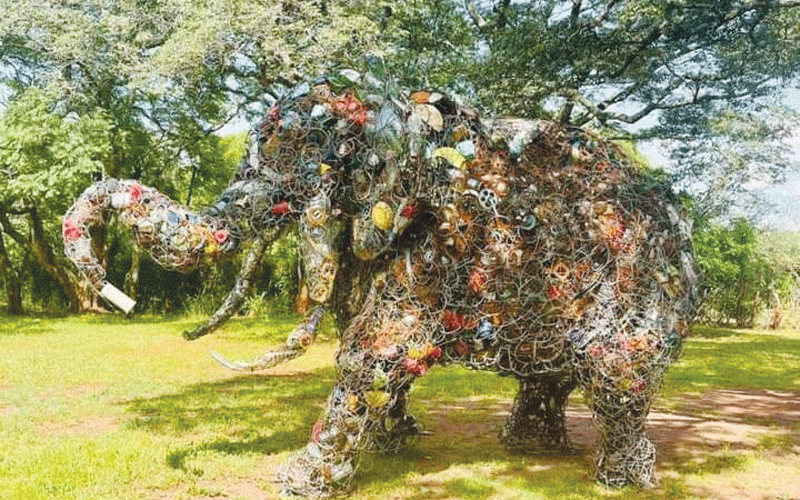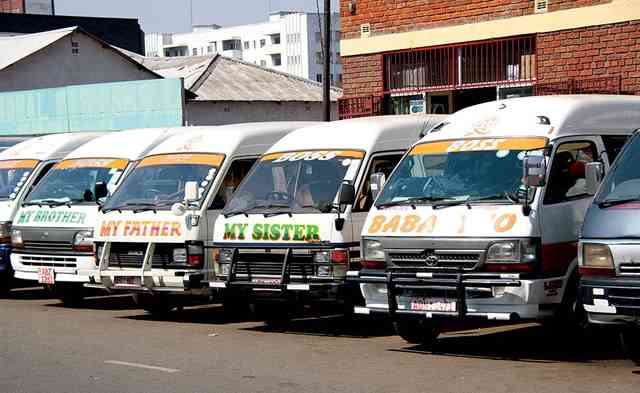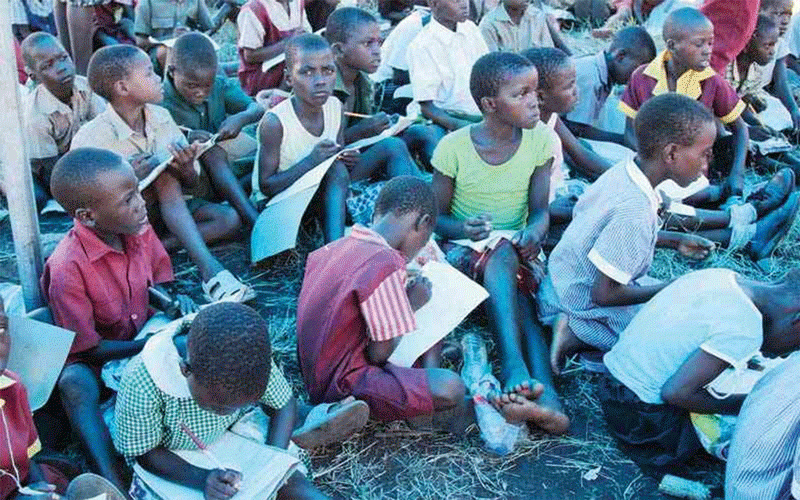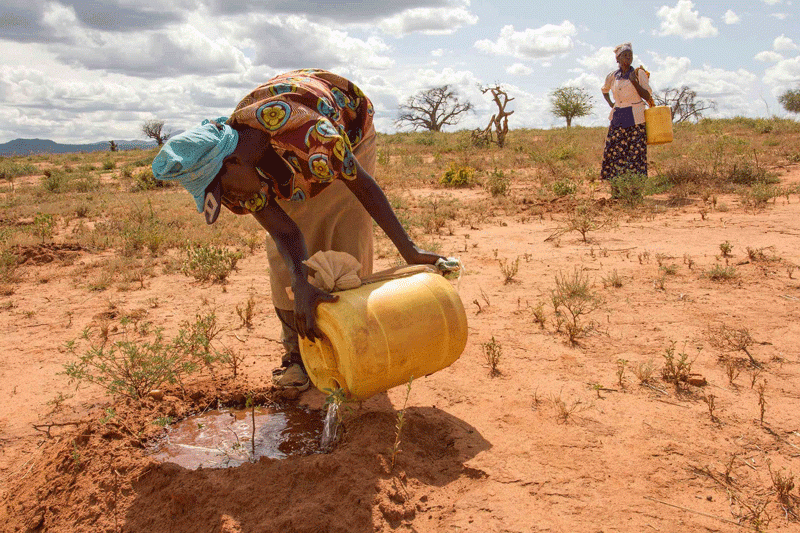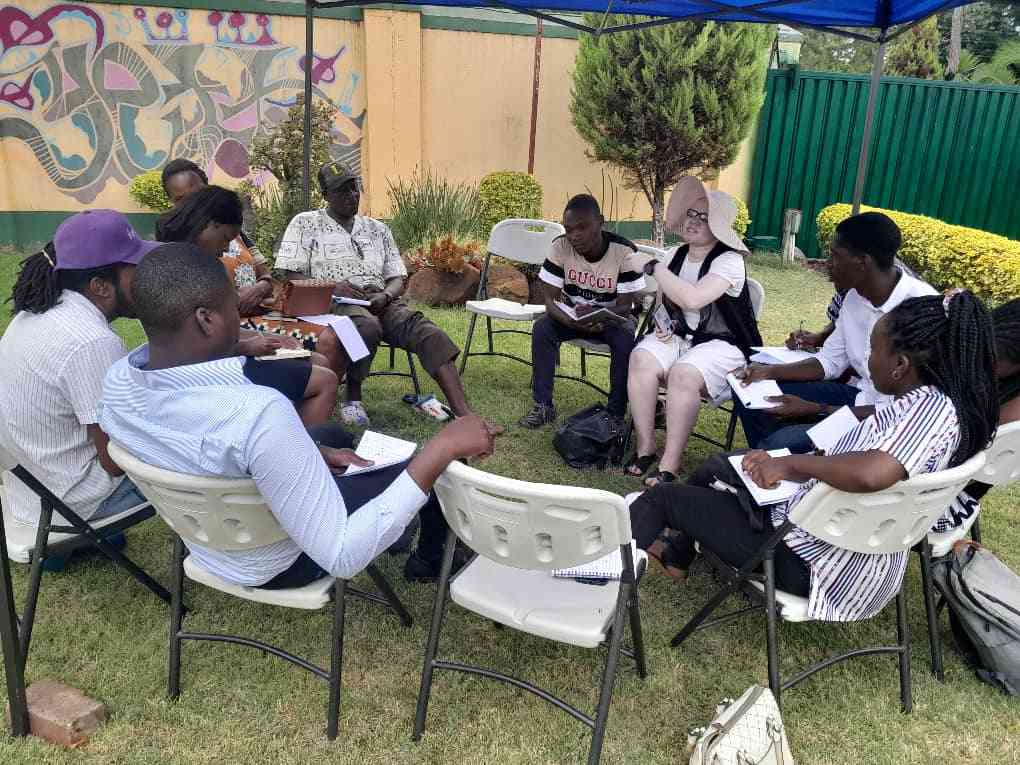
Fear of prosecution and negative perception in communities was preventing several youths from actively participating in civil processes, it has emerged.
This was revealed by young Zimbabweans participating in the Youth Empowerment and Transformation Trust (YETT)’s Intergenerational Cultural Café held recently.
The Café was held to explore mental models, values and beliefs affecting youth participation in civic and economic governance processes.
The Intergenerational Cultural Café provided youth and older participants a platform to share their experiences on youth civic and economic governance processes and what drives this participation.
However, participants highlighted that some youths do not actively participate in civic processes due to fear of being persecuted or being negatively labelled in their communities.
They also highlighted that they are economically side-lined and unemployed while living in abject poverty.
“We lack skills in business management, vocational and technical areas, civic education, elections as well as skills on how to engage the government,” the participants said.
According to Veritas, some government policies, including the 2013 Indigenization Act, had resulted in some politicians enriching themselves and their families, causing more harm than good in investment and job creation, and not contributing to ordinary citizens' welfare.
Veritas further noted that the decision-making processes were not improving youth participation and inclusivity.
“Policymakers need to design programs that close skills gaps, provide youths with access to production means, and support them in becoming employment creators, despite their readiness for public office or business.
“It was observed that decision making processes are not improving in becoming more participatory and youth inclusive. While some youths are ready to run for public office or start their own businesses, they need support for their participation to be meaningful.
“The youths need space to freely participate in politics and development without restrictions as well as getting support through leadership training. Policymakers need to design programmes that close the skills gap, give youths more access to means of production and support them to be employment creators,” Veritas said.
In their presentation, the Conscious Development and Empowerment Trust said it was important to encourage youth participation in governance issues.
“We should not give excuses going forward, we should encourage youths to participate in issues of governance making policies and laws and tell them which spaces are free and unsafe youths need to be involved so that they can also be heard,” the organisation said.
Zimbabwe's low youth participation in governance has led to the older generation remaining in power and youth unemployment, causing high youth migration to neighbouring countries.
“Low economic participation by younger people who are in the majority has contributed to the older generation still clinging to power after several years and the current crop of leaders have failed to transform the economy.
“Youth unemployment is rife in both urban and rural communities which has sparked massive migration to neighbouring countries like Botswana,South Africa and Namibia,” the organisation said.
According to the Help Initiative for People Organisation, low youth participation also leads to uneven distribution of wealth, with the ruling class exploiting resources and using state wealth for personal projects.
“Also, low youth participation in governance processes like budget allocation and monitoring meetings leads to uneven distribution of thecountry's wealth.
“Natural resources are looted and exploited by the elite or the ruling class. That has been the case in Zimbabwe where the ruling class has continuously exploited resources and used state wealth to fund their personal projects at the expense of the general public,” the organisation said.
According to Patsaka, public and private organisations could equip young mining youths with papers and encourage them to register companies, as running away from taxes is not beneficial.
“One thing that affects the youths is that they do not have papers. Youths in mining and their places of mining are taken with those with documents.
“What we can do as organisations is go there and try to equip these young people who are into mining. They should go and register companies. Trying to run away from taxes will not help them. As sole traders, one should register their company.
“Most young people in the rural areas lack knowledge about the importance of participation in governance processes in the country and how it affects the economy, and the well-being of the country.”

